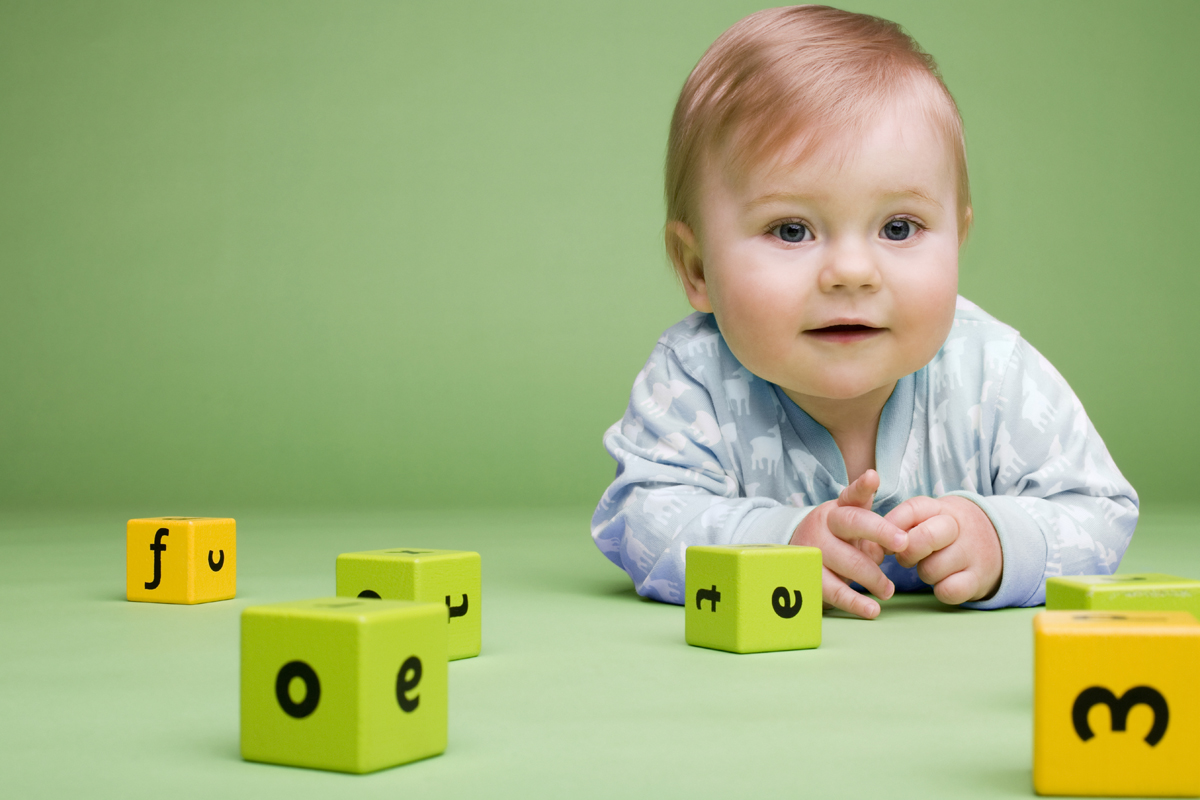
Parents are often told about the importance of regular sleep for infants, including structured naptimes during the day.
There have been prolific studies conducted on the effects of sleep — both in the negative effects of sleep deprivation and in the healing benefits of proper sleep for physical and mental well-being.
But one research institute has made a remarkable discovery in the study of infant sleep patterns and how they affect learning and brain development.
The Max Planck Institutefor Human Cognitive and Brain Studies conducted training sessions involving infants ranging from nine to sixteen months.
And one thing is certain: infants learn and retain information much more effectively if they simply take a nap.
During the study, infants were shown objects which were given made-up names such as “wapel” and “bofel,” and then were introduced to those objects again, but in different colors.
The session was conducted between two groups of infants — one group was given a nap following introduction of the objects, and one was kept awake through their normal naptime.
The difference in memory recall and categorization between the two groups was significant.
The Max Planck Institute reported on their findings that sleep improves and structures infant memory:
During the subsequent testing session, the brain activity of the infants who had slept after the training session was markedly different from that of the group who had stayed awake. While the group who had stayed awake had forgotten the names of the individual objects, the children in the sleep group remembered the object-word mappings. There were also radical differences in their abilities to categorize the objects.
“The infants who slept after the training session assigned new objects to the names of similar-looking objects”, says Manuela Friedrich of the Max Planck Institute for Human Cognitive and Brain Sciences. “They were not able to do that before their nap, and nor were the ones who stayed awake able to do it. This means that the categories must have been formed during sleep.”
And only after sleeping can they transfer learned names to similar new objects. The infant brain thus forms general categories during sleep, converting experience into knowledge.
The infants received a great deal of information during the training which they would normally pick up in a longer period of time than that of the session.
It was found during sleep, the infants were able to filter, save, and categorize information at a much faster rate.
And it was discovered infants could associate a meaning with a word at a much earlier age than previously thought.
Science Daily commented on the study, saying that,”every moment is a new experience for babies — until the infant brain organizes the flood of stimulations. It has to save new information in its long-term memory, aggregate similar experiences and categorize them. Therefore, one thing seems to be crucial: sufficient sleep. Researchers have now discovered that babies can even associate them with meanings the first time — much earlier than supposed.”
The Max Planck Institute continued:
The researchers also showed that the formation of categories is closely related to a typical rhythmic activity of the sleeping brain called sleep spindles, which occur when nerve bundles generate rhythmic activity known to influence memory…Infants with high sleep spindle activity are particularly good at generalizing their experiences and developing new knowledge while sleeping.
“The greater an infant’s spindle activity, the better it can assign category names to new objects after sleep”, explains Friedrich.These results show that sleep significantly affects memory organization even in the infant brain – and at a time when memory is growing on a massive scale.
“The waking infant brain quickly forgets newly learned names, but during sleep, words are more durably linked to objects and imprinted”, says Angela Friederici, Director at the Leipzig-based Max Planck Institute.
Sleep and sleep spindles also enable the infant brain to pool similar meanings. Apparently, when the brain is largely cut off from outside influences, it can organize its experiences and form new generalizations. “In this way, sleep bridges the gap between specific objects and general categories, thus transferring experience into knowledge”, explains Friederici.
Sleep is much more than relaxation for our body and mind. During sleep, especially in infants, many brain functions are extremely active.
This research study concluded that
“the sleeping brain retrieves recent experiences, thereby consolidating new knowledge and integrating it into the existing memory by strengthening, relinking or even dismantling neuronal connections. This means that sleep is indispensable for memory.”
While every parent recognizes the need for proper sleep for their infant’s development, this study has uncovered the remarkable connection between sleep and learning in infants.
Just a brief period of sleep allowed for a remarkable increase in the infant brain’s capability to retain and process new information.
This may be the best reason yet to make sure our babies get proper sleep and have regular, structured naptimes during the day.
